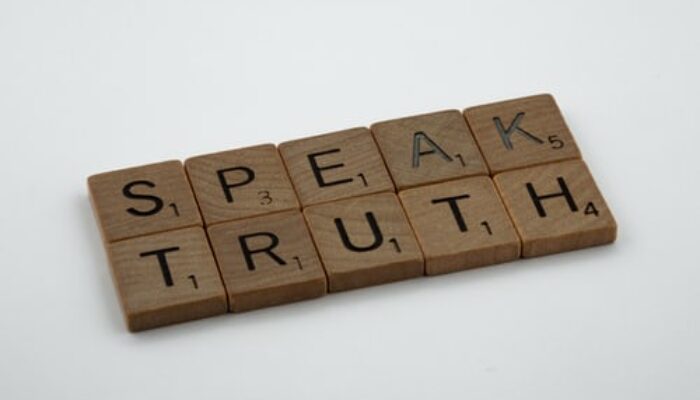
By Hazel Javier
The phrase “Honesty is the best policy” is reported to have originally been quoted by an English politician and entrepreneur, Sir Edwin Sandys, in 1599. Others attribute the phrase to Benjamin Franklin in his publication “Poor Richard’s Almanack” in the 1700’s as well. Fast forward to the present and we are left wondering if such convictions are still intact.
From nation-shaking issues to our everyday lives, we struggle in areas of honesty. Here’s a sample illustration: One night while commuting back home, the jeepney driver gave me ten pesos change when my change should have been six pesos. In the dark jeepney, nobody would have noticed if the change was more than should have been. Still it was an honesty check for me. When I called the driver to say that he gave me more and handed him the extra change, he didn’t even utter a word of thanks. It made me think, ‘maybe the driver expected some degree of honesty from his passengers.’ That or he simply didn’t mind losing a few pesos.
What do we learn here? Honesty, though neglected by some, is still a responsibility.
In what other areas of our life do we take an honesty examination? In our giving to the Lord. In the Bible, Malachi warns that when we withhold giving back to the Lord a portion of what He gave us, we are robbing God. On the other hand, when we give faithfully, He will “throw open the floodgates of heaven and pour out so much blessing…”
Paying our taxes correctly is also another aspect. “Give to Caesar what is his,” Jesus admonished. We may think that our taxes aren’t working for us but we must remember law-abiding must start with us.
Honesty in money matters is an exercise of faith. When we acknowledge God provides, our mindset won’t be that God is merely watching for our missteps. David in Psalm 25:21 says, “May integrity and honesty protect me, for I put my hope in God.”




